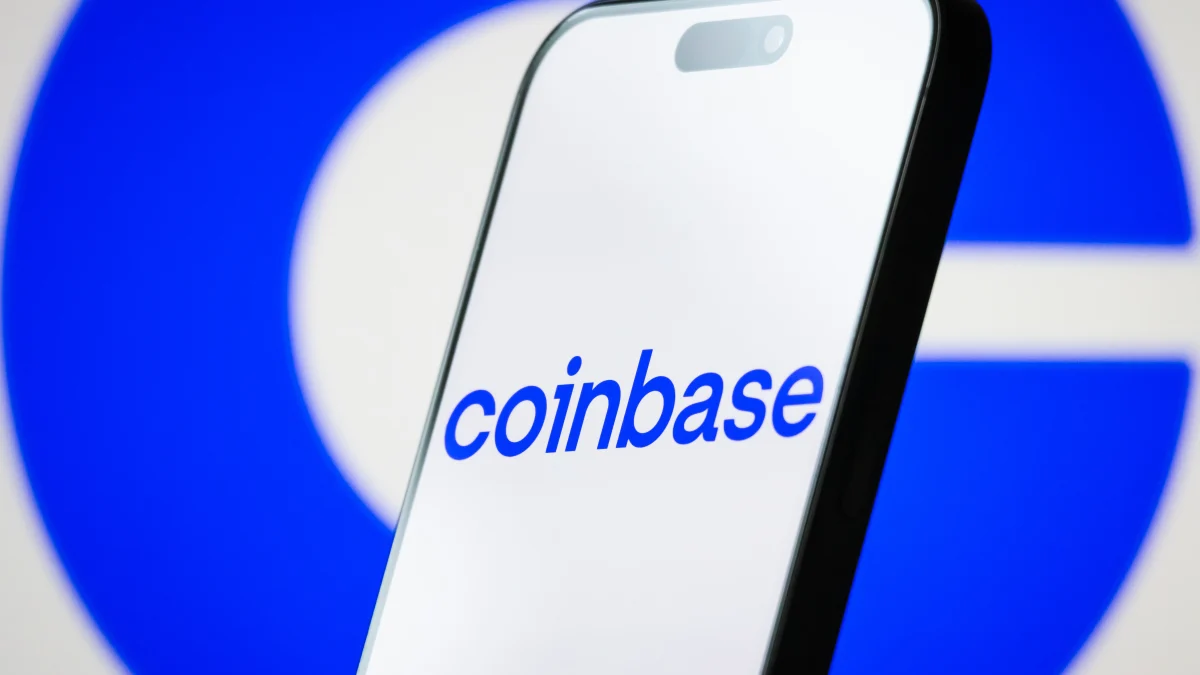
If you’ve got a Coinbase account, it’s time to pay attention. The popular cryptocurrency platform just revealed a serious data breach that exposed sensitive personal information — including government-issued IDs, email addresses, and parts of Social Security numbers — and yes, it’s as bad as it sounds.
What Happened?
According to a regulatory filing, Coinbase was recently contacted by a hacker who claimed to have stolen customer data and demanded a ransom not to leak it. That ransom? A jaw-dropping \$20 million.
How did they pull it off? The hacker reportedly paid off several third-party support contractors — people hired to help Coinbase operations outside the U.S. — and convinced them to share internal system data. In short, it wasn’t a high-tech cyber heist with secret code and lasers, it was old-fashioned bribery.
Those contractors no longer work for Coinbase, by the way.
What Did They Steal?
Here’s what the hacker got their hands on:
- Names, phone numbers, and email addresses
- Postal addresses
- The last four digits of Social Security numbers
- Masked bank account numbers
- Government IDs like passports and driver’s licenses
- Details about your crypto transactions and balances
And it wasn’t just customer data. Internal company documents were also stolen.
Is My Account Affected?
According to Coinbase, fewer than 1% of its 9.7 million monthly active users were affected. That still means tens of thousands of people, so if you’re a customer, check your inbox — the company says it has already alerted users whose info may have been compromised.
#What’s Coinbase Doing About It?
- Refusing to pay the ransom. CEO Brian Armstrong confirmed they won’t give in to the hacker’s $20 million demand.
- Launching a new U.S.-based support hub to improve customer service and security oversight.
- Ramping up security. The company is promising to strengthen defenses to prevent anything like this from happening again.
- Spending big. Coinbase estimates it’ll cost between $180 million and $400 million to handle the cleanup, compensate users, and shore up systems.
So What Should You Do?
If you’re a Coinbase user, here are a few steps to protect yourself:
- Watch for phishing emails pretending to be from Coinbase — scammers might try to take advantage of the situation.
- Change your passwords, especially if you reused them on other sites.
- Enable two-factor authentication (2FA) if you haven’t already.
- Keep an eye on your bank and crypto accounts for any suspicious activity.
Crypto may be the future of finance, but this breach is a stark reminder: security still matters — a *lot*. Whether you’re just dabbling in Dogecoin or have your life savings in Bitcoin, make sure your defenses are just as strong as your portfolio.
Stay safe out there. 💻🔐💸




